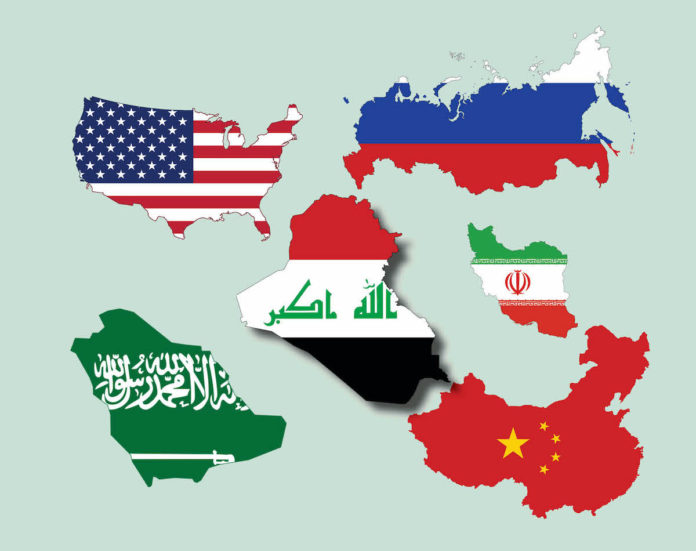Geography has played a leading role for thousands of years in determining the behavior of political units, the perceptions of leaders and communities of the role that their “state” should play, and the place that their society should take in relation to other political units and societies, both in wartime and in times of peace.
Joseph Nye, in his book “The Paradox of American Power,” stated that economic geography did not replace geopolitical geography, although the beginning of the twenty-first century clearly saw the erasure of the traditional boundaries between the two. Ignoring the role of the central force and security affairs would be like ignoring oxygen. Under normal conditions, oxygen is very frequent, and we pay little attention to it, but once these conditions change, and we start to lose oxygen so we can’t focus on anything else. This is confirmed by Nicholas J. Spykman: “Geography does not argue, it is what it is simply… Geography is the most important factor in countries’ foreign policy because it’s the most durable factor, ministers come and go, and even tyrants die, but mountain ranges remain firmly in place. “
Five main elements of geopolitical policy must be taken into account when studying any country in geopolitical terms: The geographical position of the State in astronomical, geographical, and political terms. as well as the shape of the State, its position to the water, its trade routes, climate, population, and natural resources.










